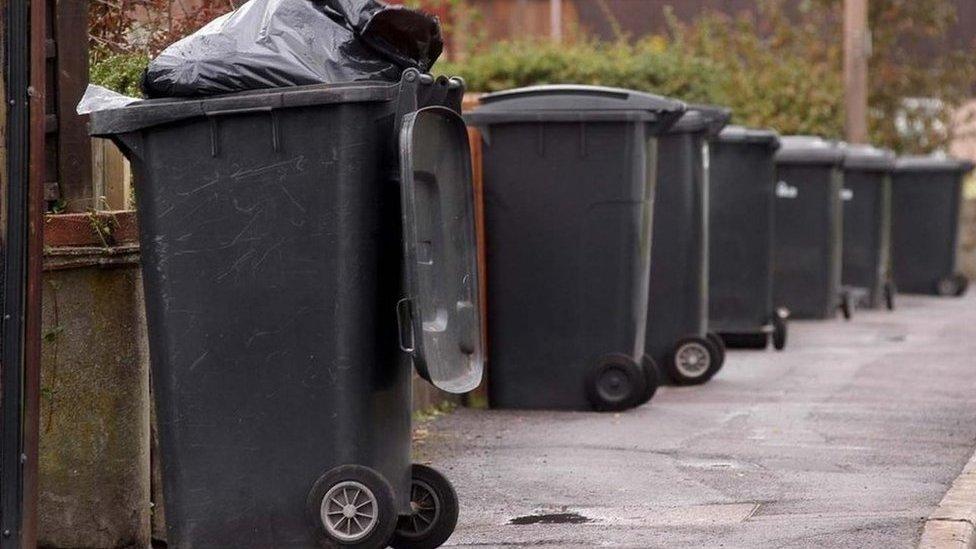Council takes steps to tackle 'poverty premium'
- Published
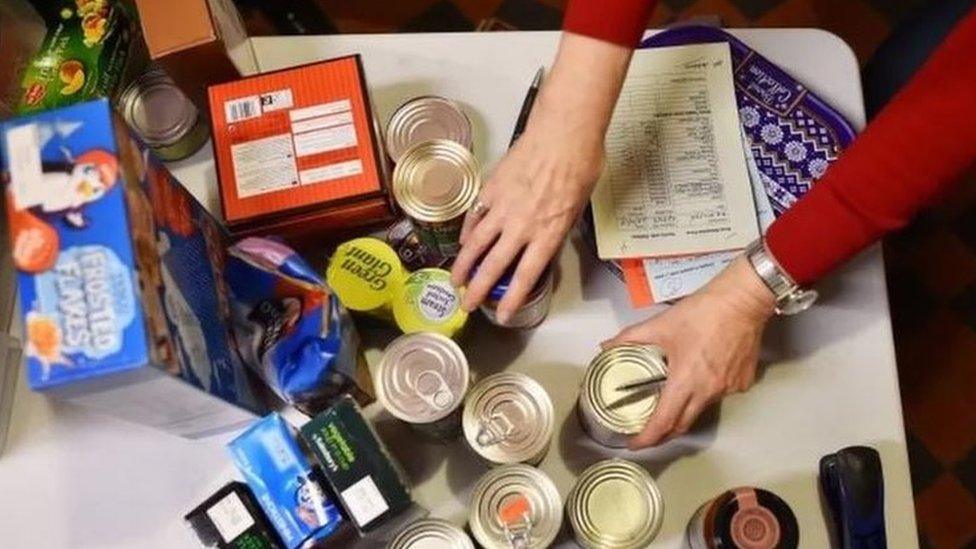
The motion committed the council to ensure at risk tenants are placed on suitable energy tariffs
A full South Gloucestershire council meeting on 18 October passed a motion to fight "poverty premium".
Poverty premium is the idea that lower income households pay more for essential goods and services.
The council was told that one in five households in the district were at risk of poverty premium.
South Gloucestershire residents in poorer neighbourhoods are having to fork out an average of £400 more each year than in other more affluent areas.
Members heard that expensive pre-paid meters, problems getting credit and a complete lack of free-to-use ATMs in some local wards were among the issues making the situation worse.
The motion committed the council to take local action, including working with social and private landlords to ensure every tenant was placed automatically onto the cheapest suitable energy tariff.
The council must also collaborate with ATM providers and insurers to explore alternative credit and banking options.
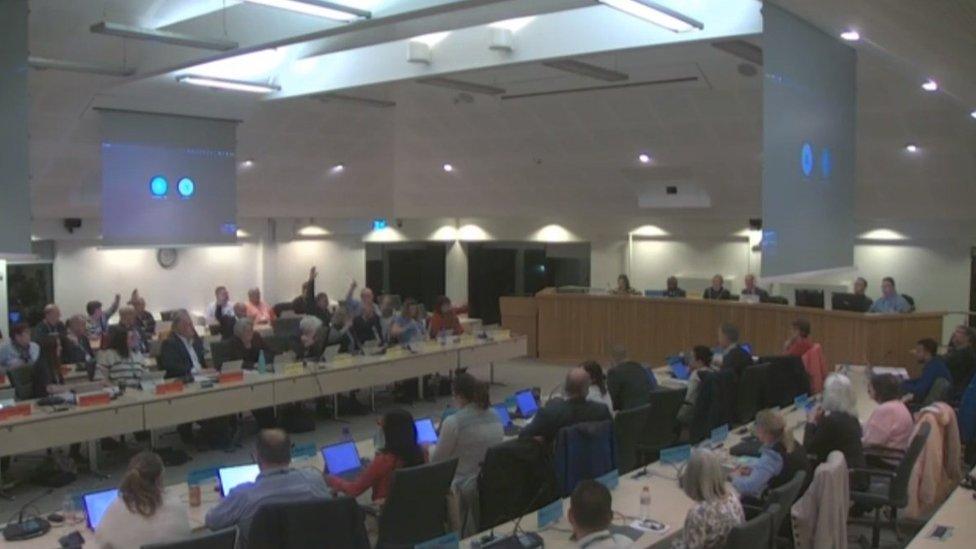
The council meeting on 18 October was told that one in five households in the district was at risk of 'poverty premium'
Council leader Claire Young said: "We cannot stand idle while a significant portion of our community is unfairly burdened with extra costs."
Thornbury councillor Chris Davies, who tabled the proposals, said he wanted to create a more level playing field for all residents: "It is high time the government takes meaningful action to ensure that economic status does not dictate the cost of essential services."
The Lib Dem-proposed motion was backed by Labour while opposition Conservatives abstained saying they supported it in principle but that it lacked details.
Conservative group leader councillor Sam Bromley expressed his concerns over the lack of financial information and known costs in the motion: "It's a shame we cannot defer so we can strengthen the actions.
"Poverty premium is a real issue and this motion fails to grasp that this isn't a Conservative Government problem - simply writing an angry letter does nothing for residents in our community."
Cabinet member for cost of living, equalities and public health councillor Alison Evans told the meeting that people without access to a car were more likely to shop at corner shops than cheaper supermarkets and that they also bought a higher proportion of processed food which cost less.

Follow BBC West on Facebook, external, X, external and Instagram, external. Send your story ideas to: bristol@bbc.co.uk, external
Related topics
- Published20 February 2023
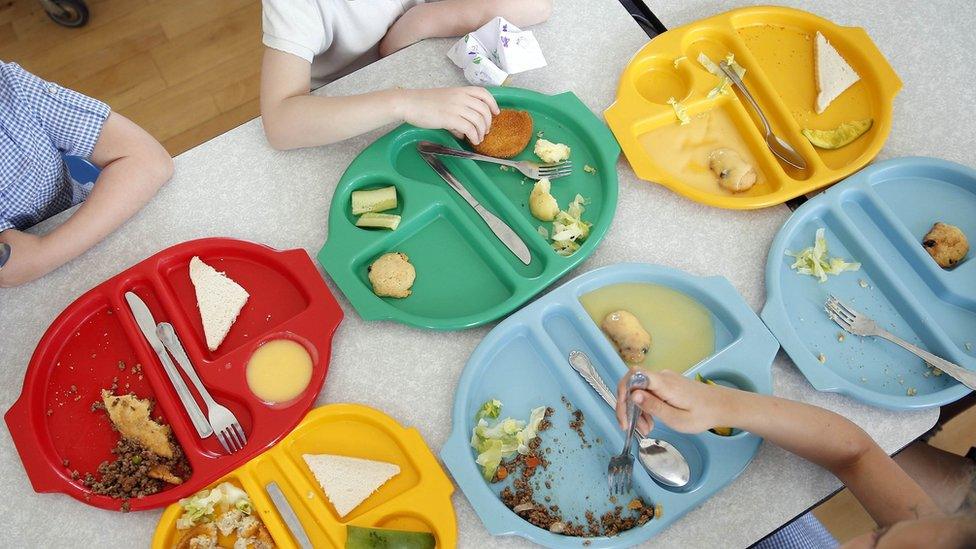
- Published5 May 2023
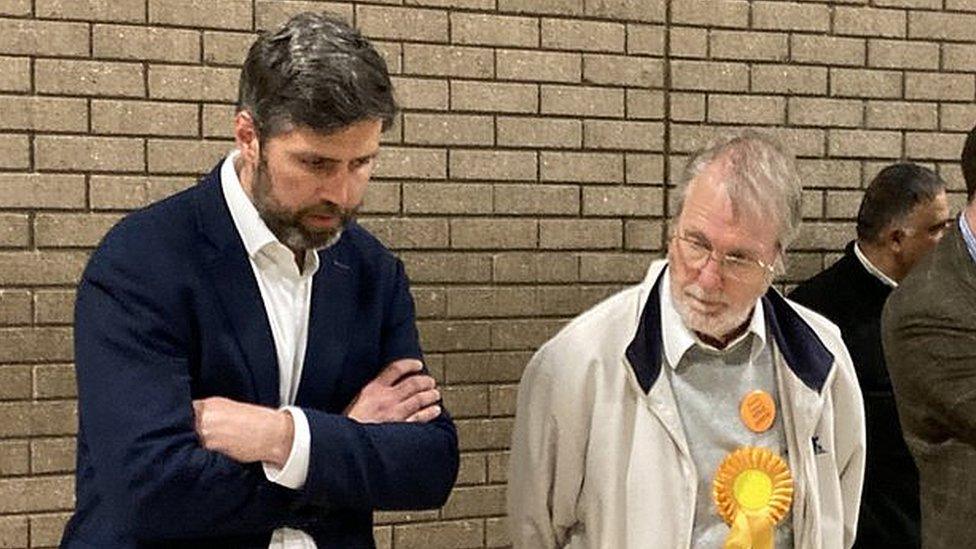
- Published28 July 2023
